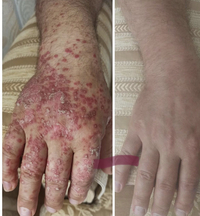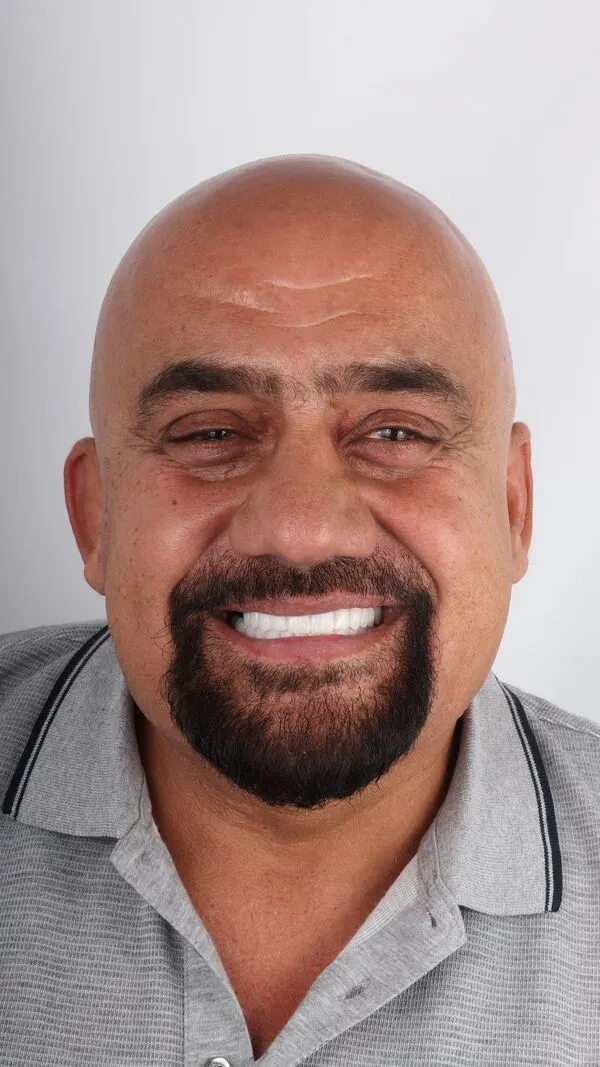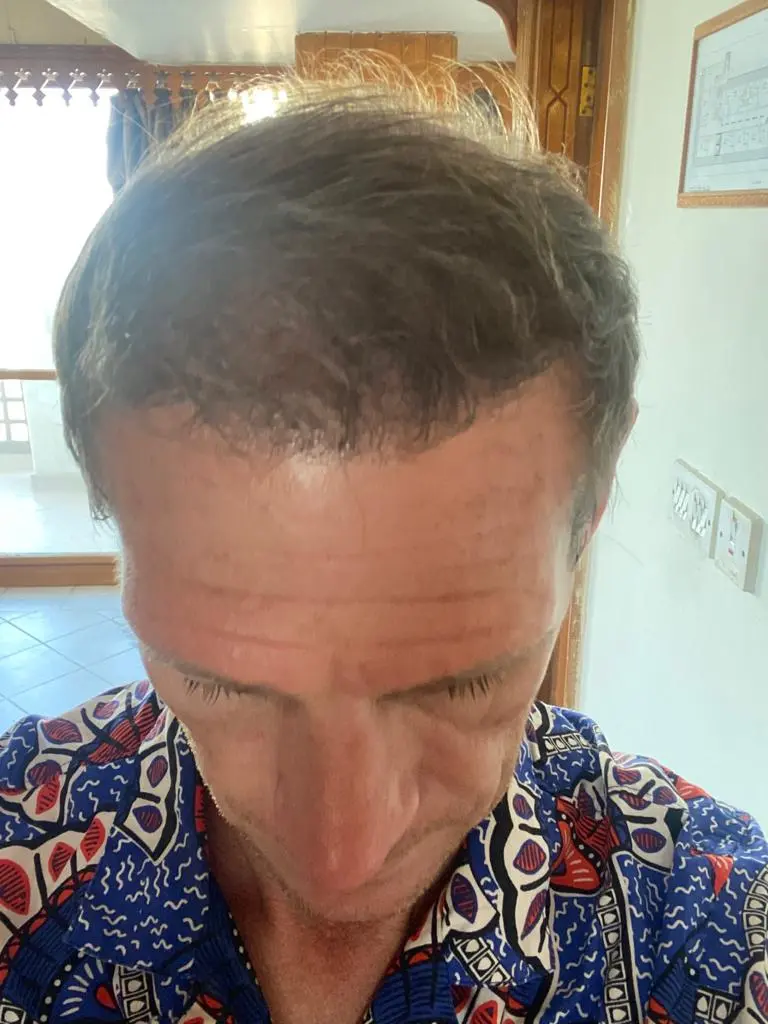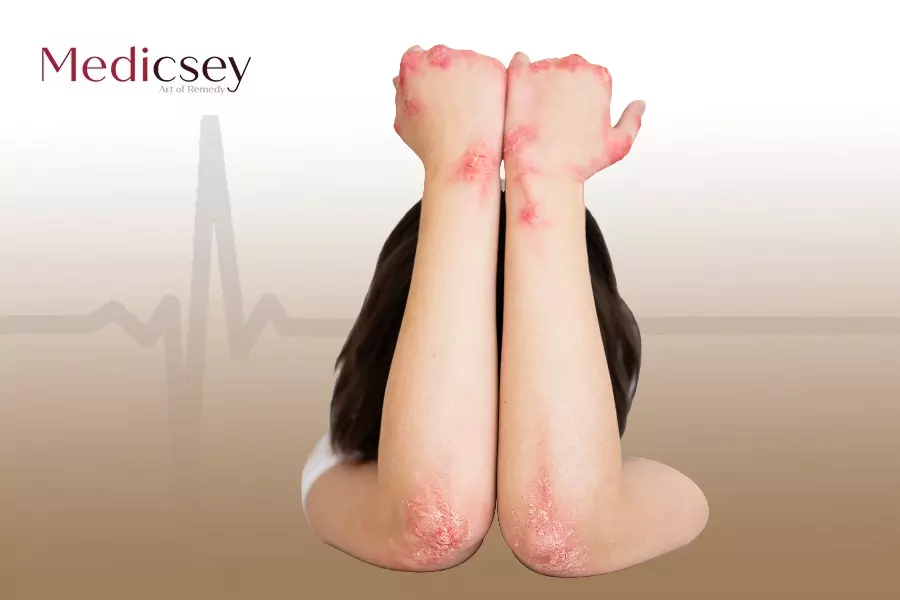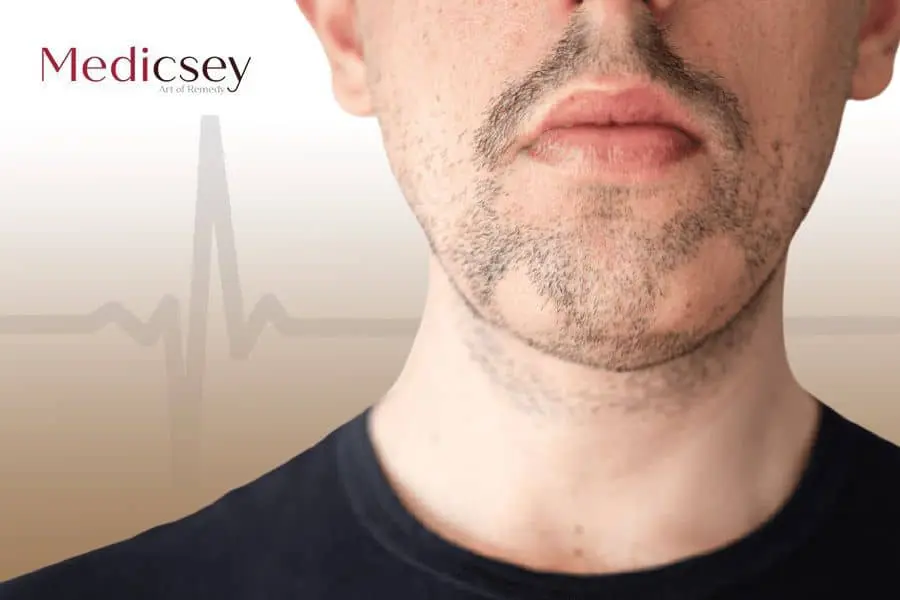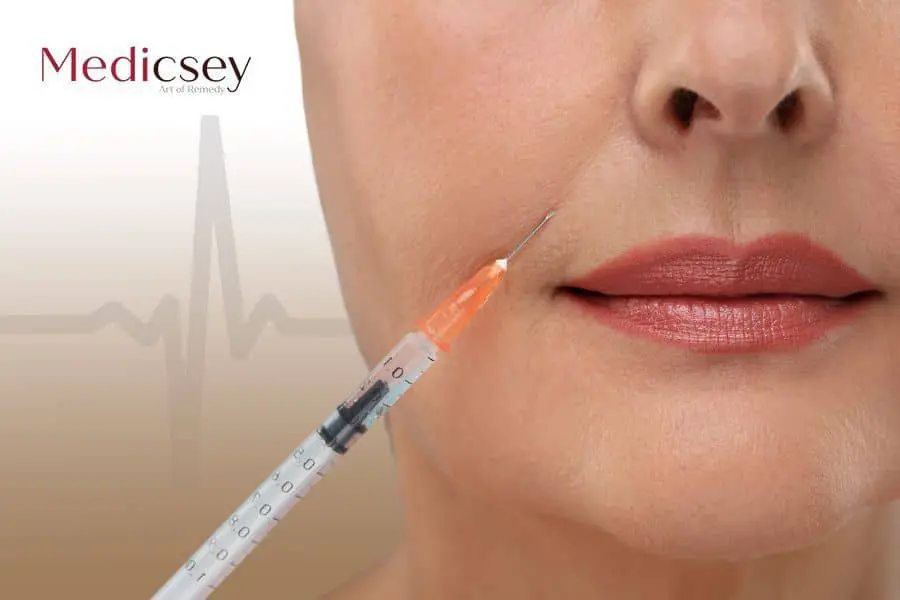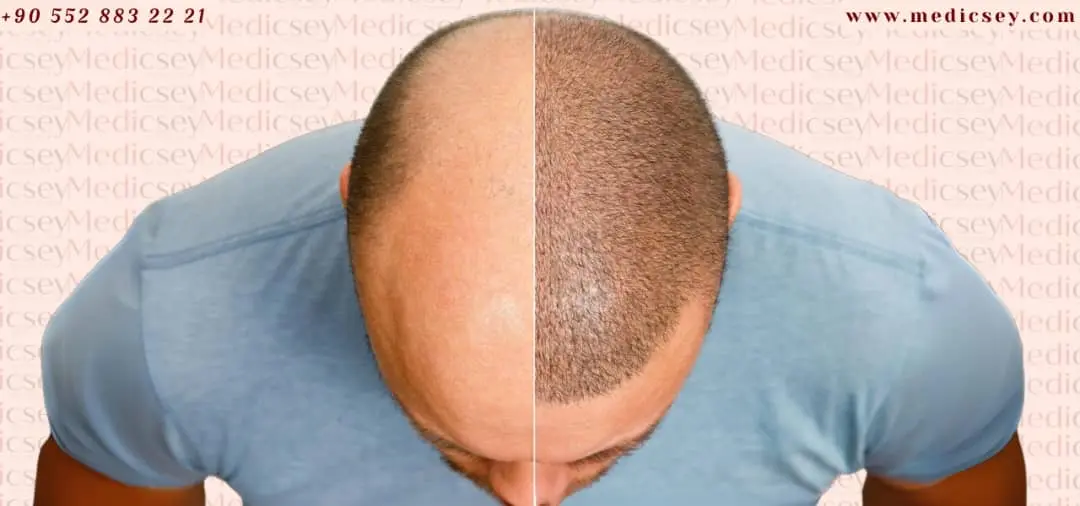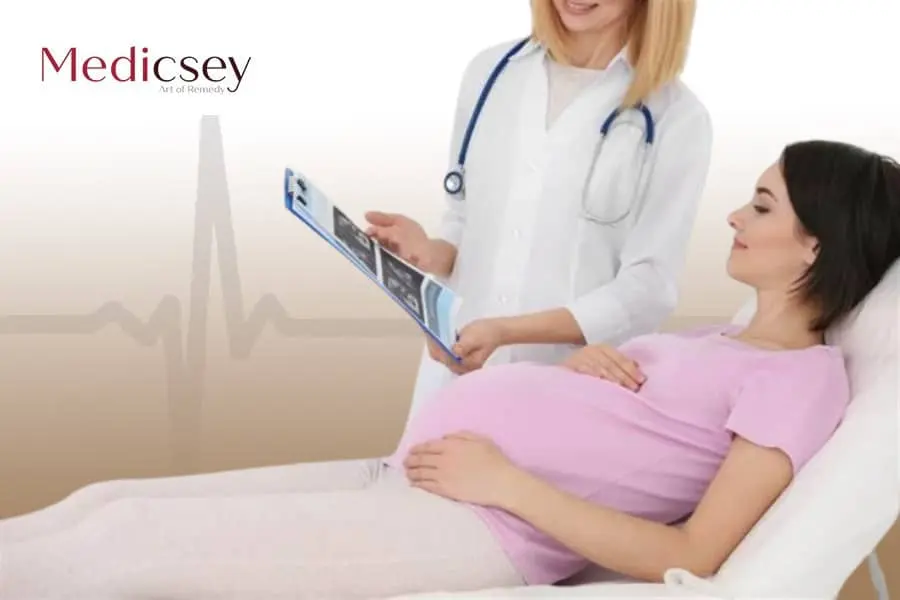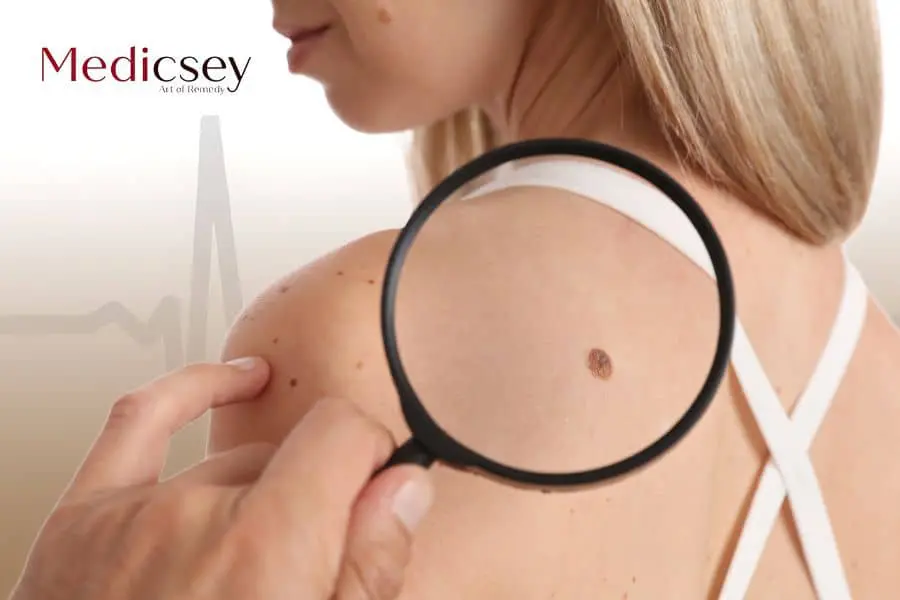Eczema in turkey is classified as a skin disease caused by genetic factors, which is called atopic dermatitis. It is a severe allergy that affects the skin, causing itching, pain and severe discomfort. It has two types of endogenous eczema and contact or exogenous eczema..
Table of Contents
What is eczema
It is a generic name for some types of skin allergies, appearing with the presence of other allergic symptoms such as asthma, hay fever, which is also known as allergic rhinitis.
Eczema is formed in the form of cracks and crusts of skin that are localized over wounds and ulcers. As for the places of their presence, they are most often in the face, limbs and may infect other places of the body.
Types of eczema
- Endogenous eczema: It is a common condition that affects children at an early age from the first forty days of life. They are associated with a family history of allergies such as hay fever and include:
- Seborrheic eczema: seborrheic dermatitis, flexor dermatitis, seborrhea. It is a common condition that affects the scalp and oily areas of the body such as: nose, ear, eyelashes, eyebrows, chest.
- Dyshidrotic eczema: sweating eczema, eczema of the hands and feet, Palmar-plantar vesicular eczema, hand oozing, housewife eczema.
- Discoid eczema: appears as red scaly tablets that cause burning and itching of the skin. Among them are seborrheic dermatitis - developing eczema. Chronic simple sensitization.
- Contact eczema or exogenous: It is the reaction of the immune system to touching certain irritating substances to the skin. It is divided into two parts:
- Allergic contact sensitization: this requires prolonged and repeated exposure to the allergen.
- Toxic-contact allergy: this appears immediately after exposure to the allergen.
Causes of eczema
The main cause of eczema is unknown, but doctors and researchers believe that it is due to common genetic and environmental factors. In addition to a range of detected stimuli that can provoke eczema attacks when exposed to them. That is, these stimuli aggravate eczema through irritant mechanisms that provoke allergies and further dry the skin.
The following are the main causes of eczema:
- Genetic causes: there is a specific set of genes that make certain people with very sensitive skin especially sensitive to others. The reason is due to the fact that they do not have the protein responsible for the formation of a protective layer of the skin.
- Social and environmental factors: psychological stress, stress, instability, would provoke eczema attacks. Since eczema may appear as a reaction of the body to stress and psychological stress, so any emotionally charged event that causes anxiety, no matter how minor, can lead to the reappearance of eczema.
The most important provoking factors for the appearance of eczema:
- Woolen clothes.
- Industrial fabrics.
- Soap: soap and other detergents may play a bad role in aggravating the condition.
- Perfumes, some pungent smells.
- Cosmetics "make-up"
- Rubber material.
- Metals: some metals in contact with the skin cause some contact dermatitis.
- Heat and excessive sweating.
- Dryness of the skin.
Symptoms of eczema infection
Eczema is usually accompanied by the following symptoms:
Sensitive and always dry skin.
Itching appears before the rash appears.
After a while, spots begin to appear on the skin and itch even more.
These spots are described as dry, rough, and the skin in and around them is thicker than normal.
They are generally located on the hands, neck, face and feet.
These symptoms appear, disappear alone, and then come back again.
Complications of eczema
- The likelihood of bacterial and viral infections.
- Asthma and hay fever.
- Severe chronic itching and flaking of the skin.
- Sleep problems as a result of frequent awakenings due to itching and pain.
- Various skin infections such as irritant hand dermatitis and allergic contact dermatitis.
- The appearance of new wounds and ulcers covered with crusts formed above the sores is caused by constant itching.
Diagnosis of eczema
At the medical consultation, the pediatrician, family doctor or dermatologist in Turkey diagnoses eczema. This is due to the fact that many eczema sufferers often suffer from other allergies and have to consult several doctors with several specialties.
So, the doctor orders hypersensitivity tests to find out and identify the factors that trigger eczema, provoke it and cause its appearance. A patch test is carried out in order to exclude other skin diseases.
These hypersensitivity tests are most often performed in children with allergic asthma, hay fever or allergic rhinitis, atopic dermatitis, food allergies and penicillin allergy.
Treatment of eczema in turkey
There are over-the-counter remedies that help reduce skin inflammation. Such as:
- Ointments containing 1% hydrocortisone. (Hydrocortisone 1%)
- Ointments containing corticosteroids (Corticosteroids). As for prescription drugs, they are
- Oral corticosteroids.
- Antibiotics: in some cases, bacterial inflammation may appear in the affected area, so the doctor prescribes antibiotics to treat these infections.
There are other ways for the treatment of eczema in turkey include:
- Treatment of eczema with antiallergics, which can greatly relieve severe and painful itching.
- Treatment with tar and charcoal to relieve itching and thus help the skin heal more.
- Phototherapy by exposing the skin to ultraviolet rays.
- Treatment with cyclosporine (Cyclosporine) for people whose condition has not improved after treatment with other means.
What is the form of allergic eczema?
Redness of the skin, itching, small blisters, flaking of the skin
Does eczema heal on its own?
No, complete recovery from eczema cannot occur, because seizures appear depending on the causative factors.
What is the best cream for eczema treatment?
Dupilumab cream is prescribed for those over 6 years of age, while traloquinomab is prescribed for adults.
Prevention of eczema in turkey
The best dermatologist in Turkey advises to pay close attention to skin irritating factors, in order to prevent eczema or at least alleviate it.
This is done by taking one of the following simple measures:
- Use ointments and moisturizing substances to keep the skin moist.
- Avoid exposure to sharp changes in temperature and humidity to prevent wetting and then sudden drying of the skin and, consequently, new cracks.
- Avoid excessive sweating or excessive heating.
- Try to relieve mental stress, tension and maintain psychological balance.
- Do not wear woolen clothing as it provokes itching, raises the temperature of the skin and provokes itching.
- Do not use certain types of soaps, cleaning agents or sharp solvents.
- Observe the types of foods that cause the appearance of allergies.
- Apply cold compresses as they help relieve itching.
Advantages of treatment of eczema in turkey
Turkey is characterized as a major therapeutic tourist destination for skin diseases and eczema treatment is provided by the best dermatologist Mustafa Ozdemir, a member of the Turkish society of Dermatology and the medical chamber, within the Medici Medical Center in Istanbul, where doctors are selected very carefully and provide integrated and reliable health services to ensure the best care for patients.
Why Medicsey is the best for treatment of eczema in turkey?
The treatment techniques at Medicsey Istanbul dermatology clinic include laser therapy, chemotherapy, radiation therapy, skin surgeries and hormone therapy all offered by the best dermatologist in Turkey.
In addition to having the latest medical equipment and modern treatment technology, the clinic aims to fully meet the needs of patients and provide personalized and personalized care for each patient.
Medicsey provides appropriate medical advice and guidance to patients to better understand their health condition and the options available to them. It also works to provide a comfortable and friendly environment for them.
They feel reassured and relaxed while receiving medical care and services with high efficiency and effectiveness.
For more information, please visit the Medicsey website and check out our blog, or visit the center in Istanbul.
Read more: skin diseases in children in Turkey




